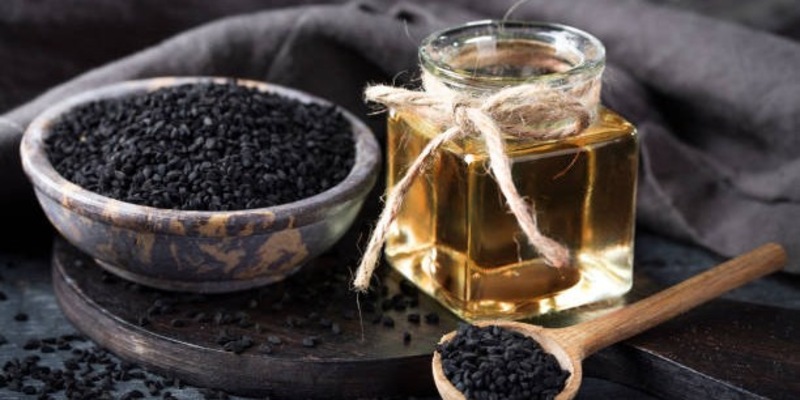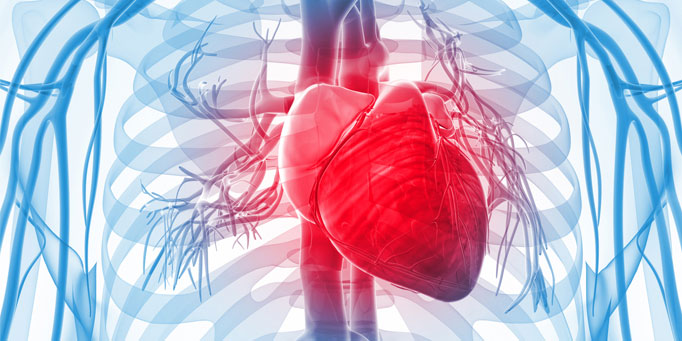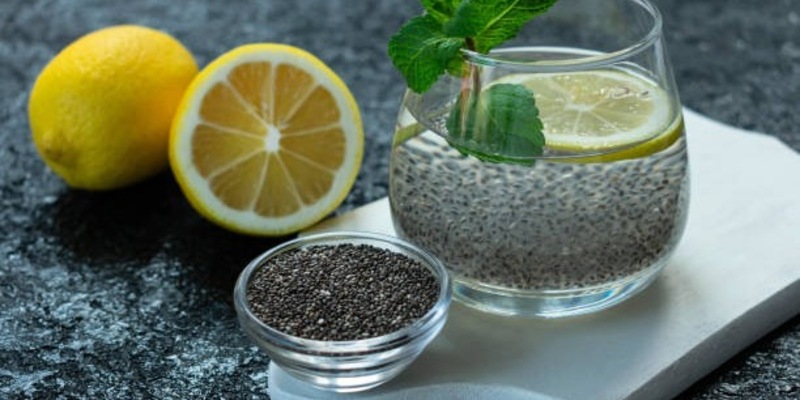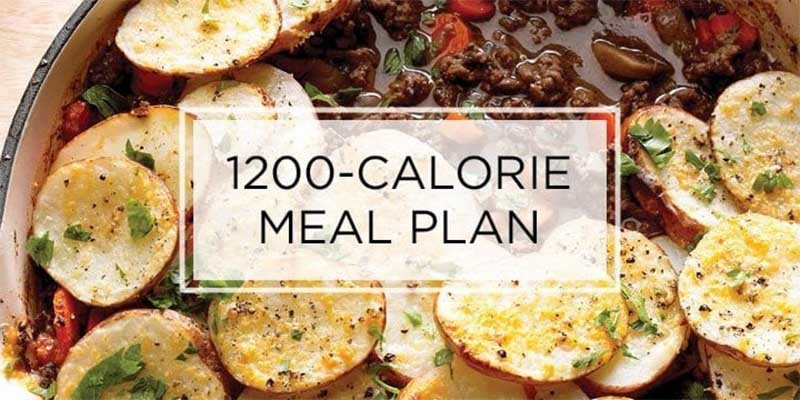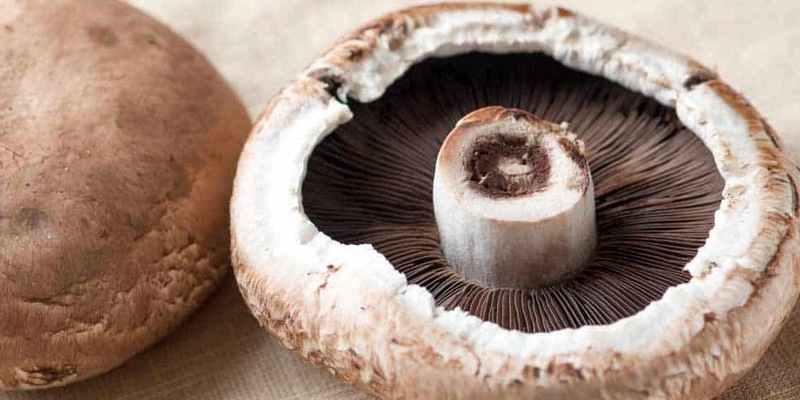When stomach acid flows back into the esophagus, this is known as acid reflux. This is relatively common, but it might lead to problems or bothersome symptoms like heartburn. The lower esophageal sphincter (LES) may become weaker or injured, leading to this condition.
The LES typically shuts down to keep stomach contents from entering the esophagus. The acidity of your stomach is influenced by the things you eat. When it comes to managing acid reflux or gastroesophageal reflux disease (GERD), a severe and chronic type of acid reflux, eating the right food is crucial.
Nutritious Foods To Eat
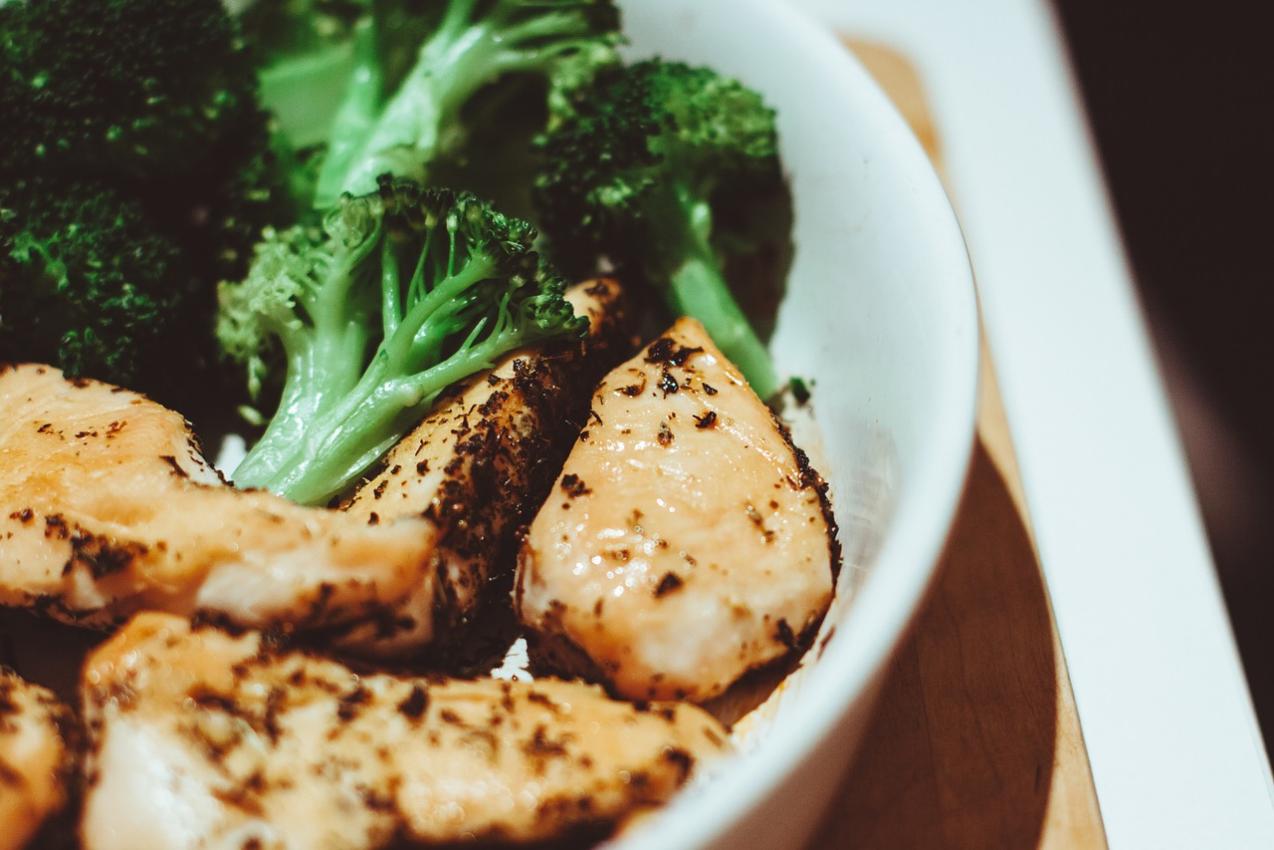
Acid from the stomach can splash up into the esophagus, creating discomfort and suffering, often known as reflux. These meals can help reduce acid production and relieve acid reflux symptoms when consumed regularly. It would help if you based your decision to try these meals to alleviate your symptoms on your own experiences with them, as none of them can cure your disease.
Vegetables
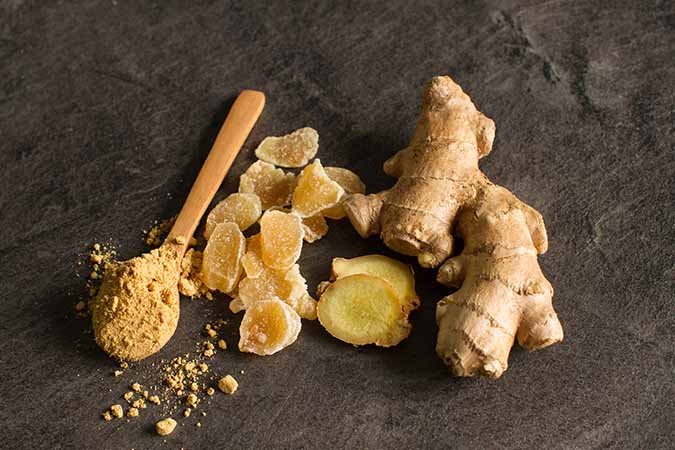
Vegetables have very few calories and hardly any sugar. Green beans, potatoe, and cucumber are all excellent choices.
Ginger
Ginger is a natural remedy for stomachaches and heartburn due to its anti-inflammatory effects. Drinking ginger tea or cooking with grated will help relieve discomfort.
Oatmeal
Oatmeal is a complete grain and a great source of fibre, making it a healthy option for breakfast. Acid reflux has been related to a lack of fibre in the diet. Bread and rice made from whole grains are also good sources of fibre.
Identifying Your Triggers
GERD and acid reflux frequently cause heartburn. After eating a large or certain meal, you may feel burning in your abdomen or chest. Acid from the stomach can go back into the oesophagus and cause nausea, vomiting, and regurgitation in those with GERD. In addition to these symptoms, you may also experience the following:
- dry coughing
- throat irritation
- bloating
- burping/hiccups
- swallowing problems
- throat lump
Certain meals are known to bring on symptoms of GERD for many people. Since the trigger foods for GERD sufferers vary from person to person, no one diet may alleviate the condition.
The Foods To Avoid
Certain meals have been difficult for many people, even though specialists disagree on whether foods genuinely cause reflux symptoms. Try cutting out the following foods to see if it helps reduce your symptoms:
Super-Fatty Foods
The LES can become more relaxed after eating fried and fatty meals, which can increase the amount of stomach acid that flows back into the esophagus. These meals also slow down the digestive process. Reflux symptoms are worsened by eating high-fat meals; therefore, lowering your daily fat consumption can assist. A lot of fat may be found in the following foods. Stay away from these or consume them in moderation:
- French fries, onion rings
- fried or fatty pieces of beef, pig, or lamb
- lard, bacon fat, and ham fat
Citrus And Tomatoes
Eating enough fruits and vegetables is crucial for good health. Gastroesophageal reflux disease (GERD) symptoms can be triggered or made worse by eating specific fruits. These foods should be avoided or significantly reduced if acid reflux is a chronic problem for you:
- oranges
- grapefruit
Chocolate
Methylxanthine is one of the chocolate's ingredients. Studies have demonstrated that it increases reflux by relaxing LES smooth muscle.
Spices, Aromatics, And Oxidizers
A lot of individuals get heartburn when they eat too spicy or sour foods, such as onions and garlic. Not everyone with reflux will be affected by these foods. However, keep a meticulous food journal if you regularly consume large quantities of onions or garlic. They, together with spicy meals, give you more significant stomach distress than others.
Possible Alternatives
The lists above contain common triggers, but you may have intolerances to other foods that aren't included. To test whether your symptoms improve, you may try going without the following meals: foods made from grain flour, such as bread and crackers; whey protein.
Lifestyle Advice
Reflux symptoms can be managed in several ways, including dietary and nutritional adjustments and changes to your daily routine. Take a stab at these suggestions:
- Take drugs that prevent acid formation, such as antacids.
- Stay at a good weight.
- Avoid peppermint and spearmint gum.
- Avoid drinking.
- Stop smoking.
Conclusion
Currently, no dietary strategy has been shown to be effective in preventing GERD. Some people may get relief from their symptoms by eating particular foods. Fruits and vegetables are exceptionally high in fibre, which may help prevent gastroesophageal reflux disease.
However, the exact mechanism by which fibre mitigates GERD symptoms remains unclear. Adding more fibre to your diet is a brilliant idea. In addition to alleviating the discomfort of gastroesophageal reflux disease, fibre also helps prevent:
- elevated lipid levels
- unmanaged blood sugar
- piles and diverticulitis


